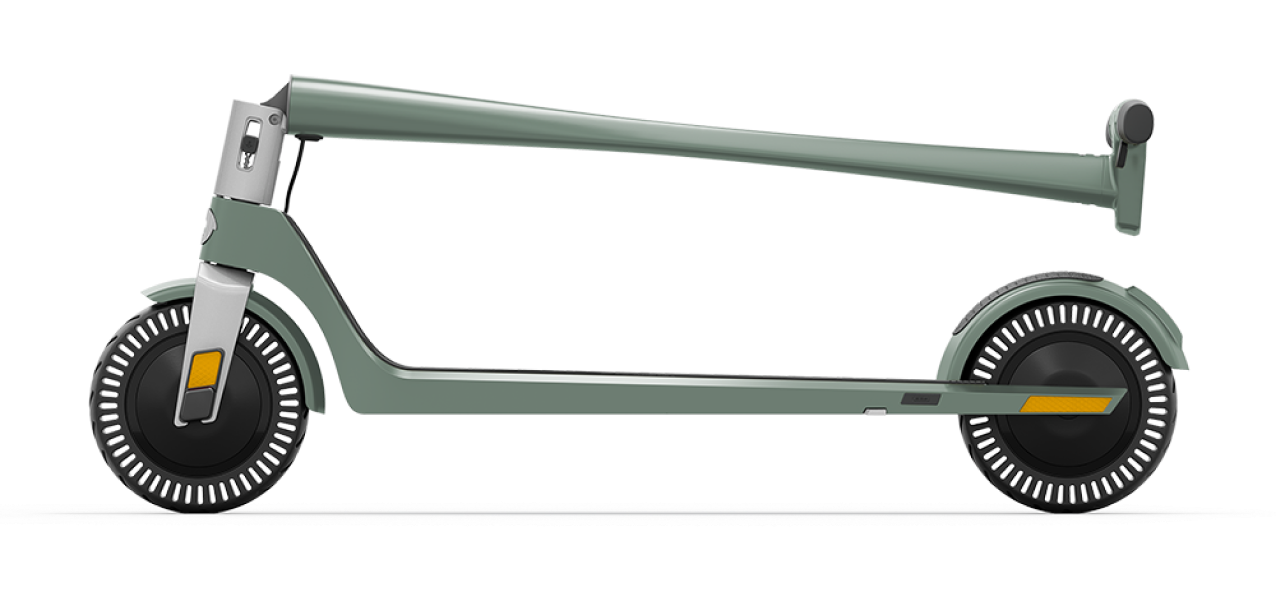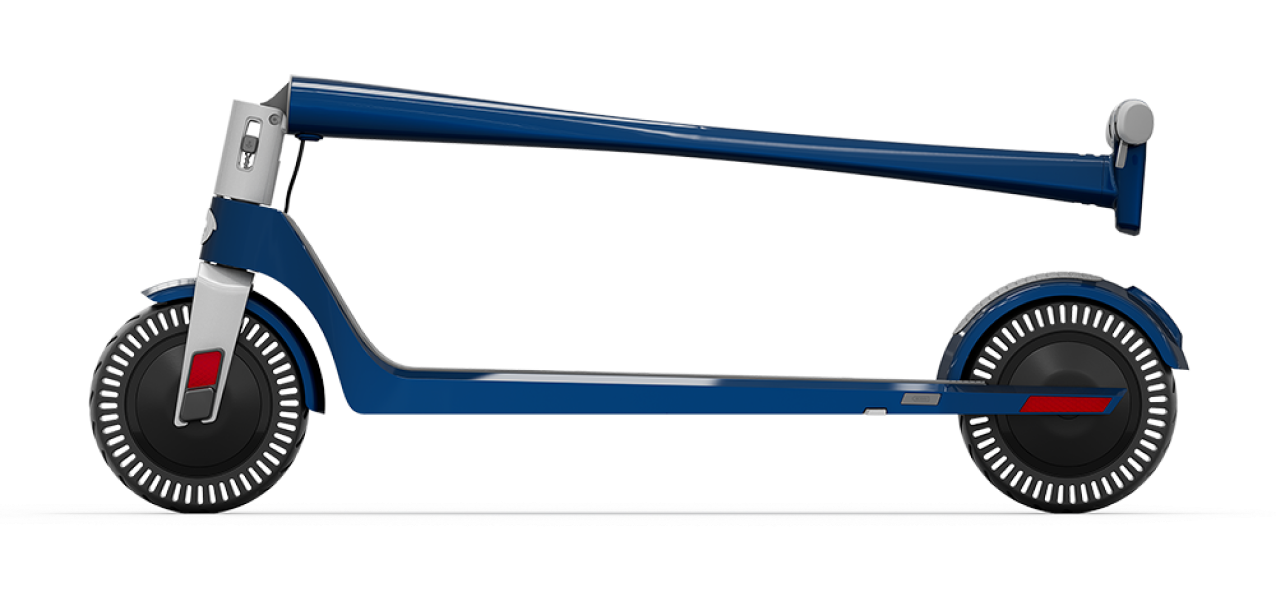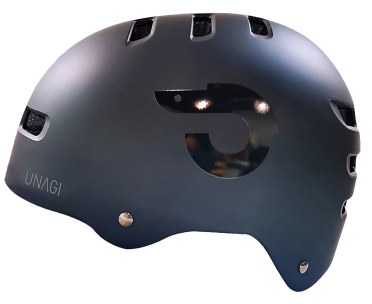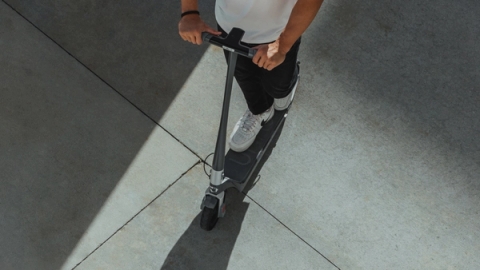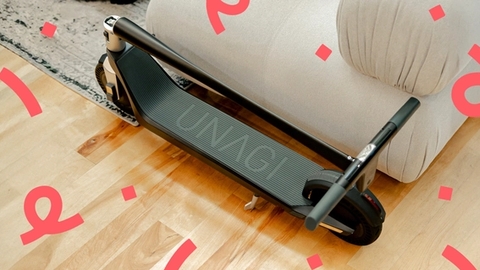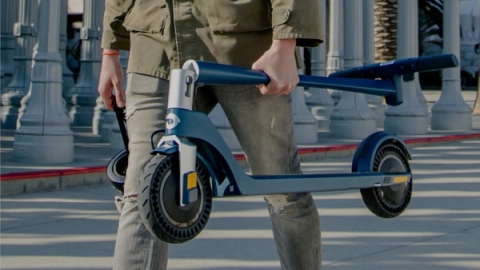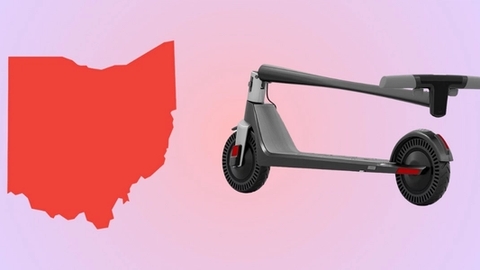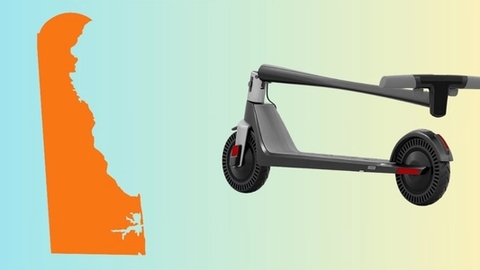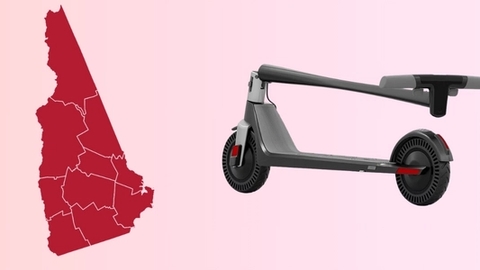Micromobility is here to stay, and it’s changing how we experience urban life for the better. With Unagi’s membership program, you can enjoy all the benefits of a top-tier electric scooter without the sky-high price of ownership or the inconvenience of ride-sharing.
In short, yes, electric scooters ARE legal in NYC.
So, whether you're a visiting tourist, or a resident wondering whether or not electric scooters are legal in New York City, worry no more, because they are!
Initially there was a lot of discussion politically about the status of e-scooters in the state, and it wasn't clear what the rules around the use of electric scooters on the city's streets were.
But back in November 2020, New York legalized e-bikes and e-scooters statewide in an agreement reached earlier that year during the last legislative session. This was of course great news for commuters, students, delivery workers, and all New Yorkers.
Why has this discussion become important now?
Electric scooters and e-bikes, whether shared or owned, are becoming essential components of transportation systems worldwide.
Legislators in New York City worried that personal electric vehicles might create even more traffic congestion, however data suggests the opposite is true. Since the new law took effect there has not been enough time yet to see how much of an impact it has had on the streets, but with the right implementation, it should ease traffic.
The law covers pedal-assisted e-bikes that can reach speeds of up to 20 miles (32 km) per hour, throttle-controlled e-bikes that can top out at 20 mph (or 25 mph (40 km/h) in cities of over a million people), and electric scooters that reach speeds of up to 15 mph (25 km/h).

One of the reasons why New York took so long to legalize electric scooters is that legislators were worried that personal electric vehicles might create even more traffic congestion, even though data continues to suggest that the opposite is true, and operating on two wheels instead of four wheels is beneficial for easing public motor vehicle traffic.
The city council designed electric scooter laws to make sure that e-scooters, just like electric bikes, wouldn't negatively affect the traffic on the roads, which as any New Yorker will tell you, doesn't need any help being clogged up.
The law covers pedal-assisted e-bikes that can reach speeds of up to 20 miles (32 km) per hour, throttle-controlled e-bikes that can top out at 20 mph (or 25 mph (40 km/h) in cities of over a million people), and electric scooters that reach speeds of up to 15 mph (25 km/h).
When it comes to riding an electric scooter in New York, there are a few things you need to know. Firstly, you can ride electric scooters on streets as long as you follow all traffic laws and riders must have a driver's license or learner's permit.
However, they cannot be registered, and riders must be at least 16 years old. If you're ready to start exploring New York's streets with your new wheels, there are some important tips below for staying safe while zipping through the Big Apple, and avoiding an electric scooter accident.

Official laws for e-scooters in NYC
E-scooters are allowed in NYC so long as they have handlebars and a floorboard or seat, and may be powered by electric and/or human power.
You must not operate electric scooters in excess of 15 MPH under any circumstance.
E-scooters may be ridden in bike lanes and on streets with speed limits no faster than the maximum speed of 30 MPH. They are absolutely not permitted to be ridden on sidewalks.
E-bikes and e-scooters in areas administered by NYC Parks need to comply with NYC Parks rules.
What the scooter laws will mean for the people of New York
For commuters, this means that scooter shares will become available around the state and those who purchase their own scooters, such as the lightweight, high-performance Unagi Model One, can use them to commute.
Nearly everyone who does so will discover that electric scooters provide one of the fastest, most efficient ways to take control of a commute. As scooters become more popular in New York, cities in the state will likely begin adapting infrastructure to better accommodate the journeys of e-scooter riders.
This is also excellent news for delivery workers in New York City, who must navigate constant traffic and who rely on the ability to get through it as quickly as possible. It is also very good news for students, who will be returning to schools soon when they reopen. College and university students have already embraced electric scooters on campuses nationwide.
In places like New York City, scooters are particularly useful as they don't require a parking space, can be carried inside a classroom or office, and can be less expensive than public transportation costs in New York City, which are embraced electric scooters on campuses nationwide.
If you're unsure on whether you want to buy one or not, Unagi now offers a nationwide monthly subscription program called Unagi All-Access in which riders in Manhattan and Brooklyn can try out their high-quality scooters with no commitments and with insurance included.

Further restrictions to the electric scooter law
The New York DMV details some further restrictions to the new law:
- Electric scooter - a type of device with handlebars, a floorboard or a seat, and an electric motor that can be powered by the electric motor and/or human power.
- Bicycle with electric assist - multiple classes of bicycle with an electric motor and operable pedals. A bicycle with electric assist doesn't qualify for a registration as a motorcycle, limited use motorcycle, moped or ATV and doesn't have the same equipment.
You can operate an electric scooter or bicycle with electric assist on some streets and highways in New York State:
- You can operate these devices on highways with a posted speed limit of 30 MPH or less, though you can not exceed a speed of 15mph
- Individual municipalities can further regulate the time, place and manner of operation of these devices
- you cannot operate these devices on a sidewalk except as authorized by local law or ordinance, which is a very rare occurrence
- Note: An electric scooter or bicycle with electric assist cannot be registered but still may be operated on some streets and highways in New York State
E-bikes versus e-scooters
For quite a while already electric bicycles have been available through rideshare companies, which can be operated with the same equipment as e-scooters - which is a helmet and whatever other safety wear you deem suitable.
An e-bike has operable pedals with the benefit of electric assist to help carry people around with minimal energy exertion. Two benefits that scooters have over e-bikes however are that they have wheels designed to be very puncture resistant, and there's no pedal assist because there are no pedals needed to start your ride to begin with.
If you're thinking of making the move away from a traditional gas or diesel motor vehicle for your commute to save money, or for the ability to weave through traffic using bike lanes, you might want to opt for one of the two motorized devices mentioned above.
Yes, arguably you could opt for a motorcycle designed to get through traffic, but those cars get pretty bunched up along the avenues and you might find yourself stuck there for just as long without being able to use the bike lanes.
There's also of course the option of an off road motorcycle or maybe a go kart if you want to skip traffic and are really desperate to keep using gas, but we can't say we're experts on the laws on those vehicles.
Take into account NYC traffic laws regarding speed limits to get a good idea of whether an electric bike or e-scooter is a more preferable choice of small motorized device for you (as e-bikes are allowed to go faster and do have electric assist).
We personally would have to still recommend an electric scooter for whizzing around New York though, for the added benefits of it being easily foldable if you need to take it with you into the office or on the subway on your commute.
Scooter shares in Manhattan
A scooter revolution promises great things for the future of public transportation in New York City, but don't look for share companies to start taking over street corners in Manhattan, don't expect some sort of neighborhood electric vehicle point on every other block.
One of the law's stipulations allows cities and counties in the state to regulate electric vehicles as they see fit, and we imagine that's a privilege they will choose to exercise.
In any case, with opportunities like Unagi's All-Access subscription service, commuters can always find out what it's like to own their own scooter-and they can have one delivered to them, with insurance and without long-term commitments, in just 2-3 business days.
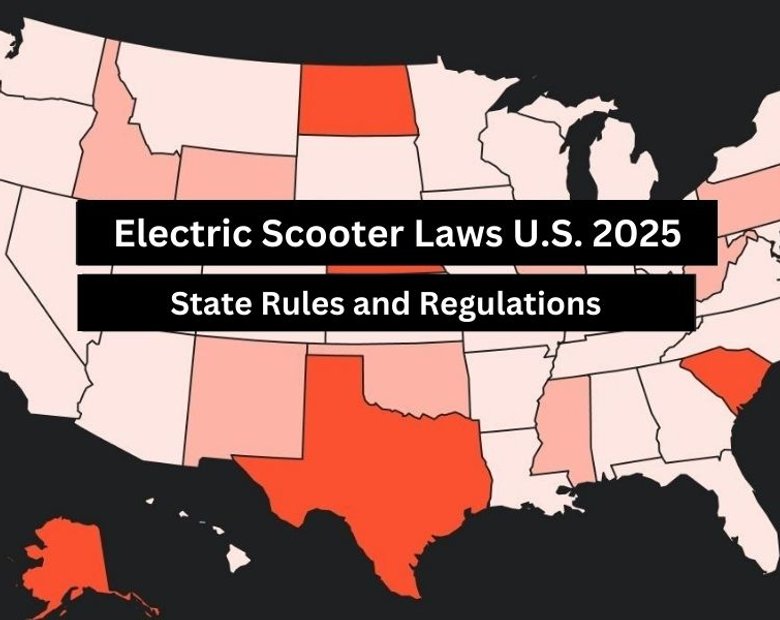
Stay current with the latest U.S. electric scooter laws in our 2025 guide. Updated annually since our first comprehensive guide, ensuring you have the most recent state and city regulations to ride responsibly”
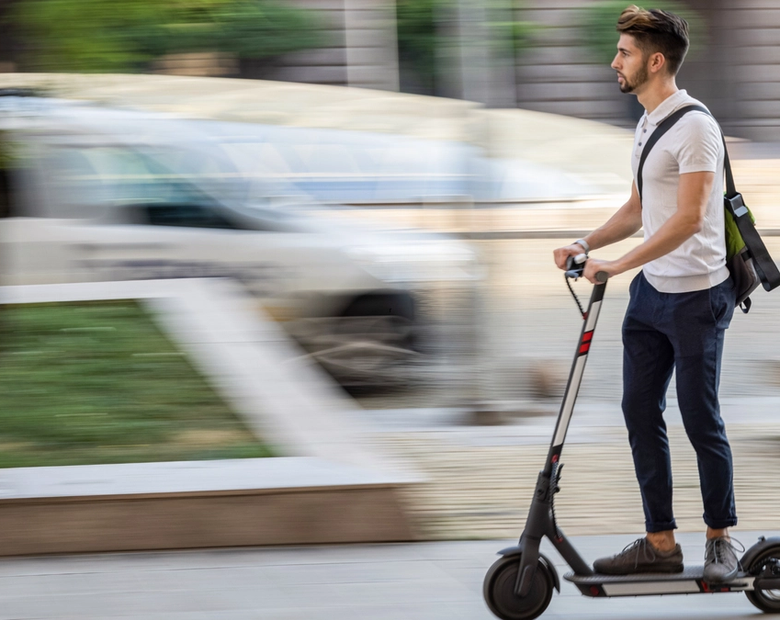
The Slack Core 920R is currently the fastest electric scooter in 2025 that you can purchase without the need for pre-order.
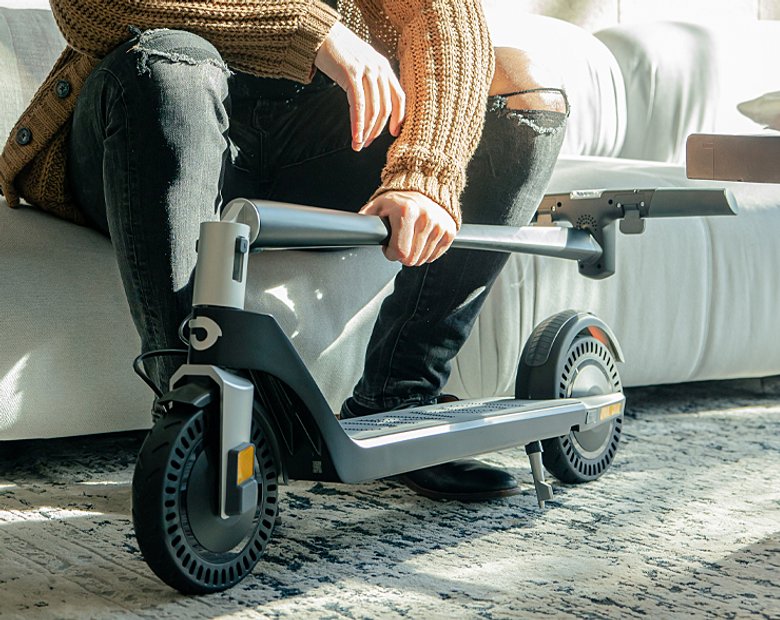
Our selection of the best electric scooters 2025 spans the fastest e-scooters to the most portable ones, the ones designed for city riding and off-road, the best scooters for rain, budget electric scooters for students, and more powerful ones for skilled riders.
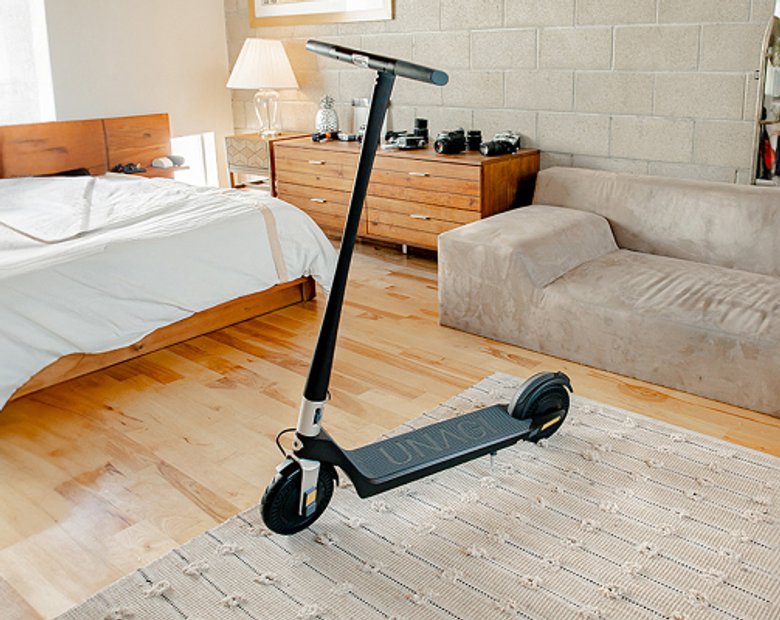
The Unagi Voyager is the best lightweight electric scooter for adults and teenagers. It is the ultraportable sequel to its predecessor, the Unagi Model One Classic.
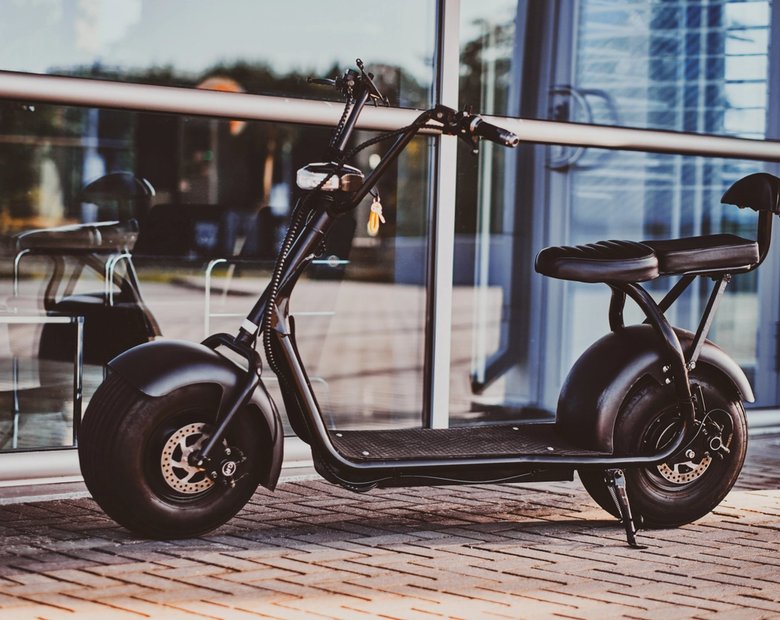
If you're wondering whether an electric scooter with a seat is right for you, this is a detailed article that would suit your need.
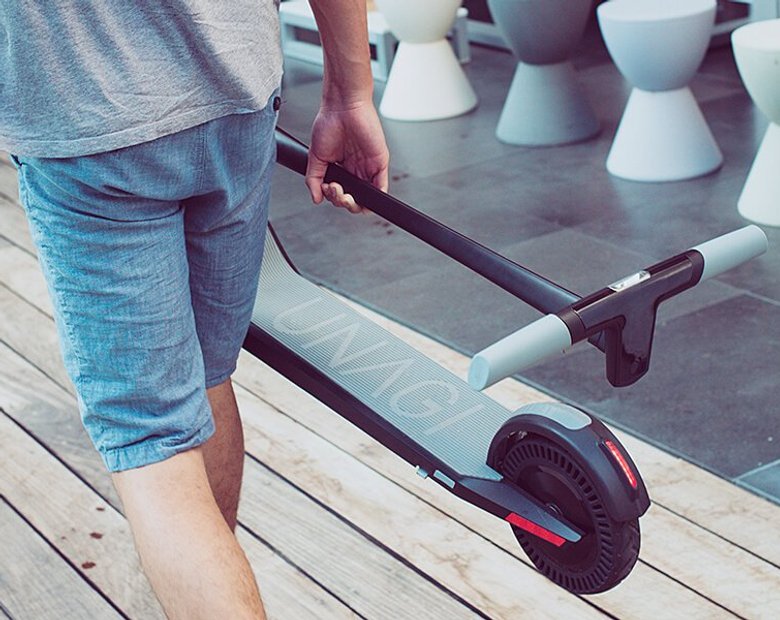
Understand which personal electric vehicle is best, the choice between an electric bike or electric scooter might already be made for you by some critical factors, including portability and storage capacity.
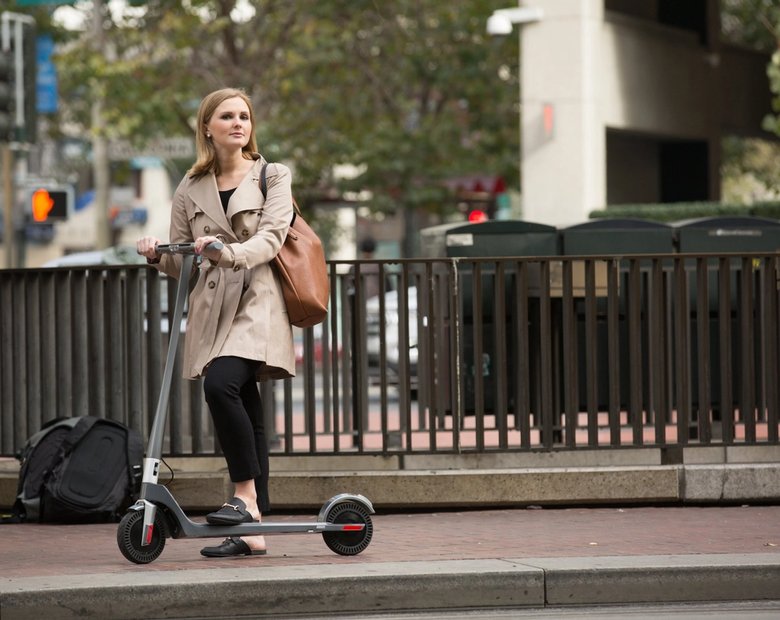
In the U.S., most states don't require a license. For those that do, they usually just ask for a regular driver's license or a learner's permit.
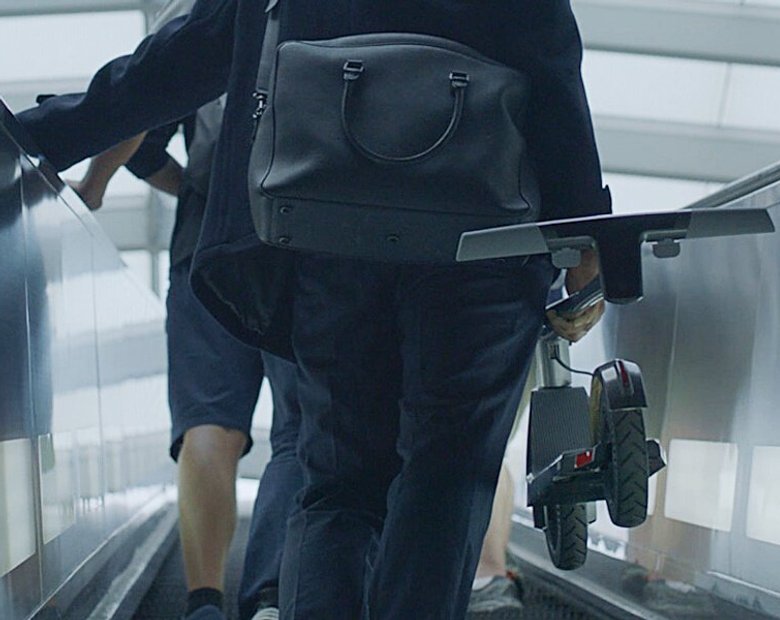
Yes, you can bring an electric scooter on a plane, but it needs to have a lithium battery smaller than 100 watt-hours, which most don't.

Manufacturers advise against riding electric scooters in the rain. The main reasons are: water can fry the electronics, make the ride dangerous, and void your warranty.

